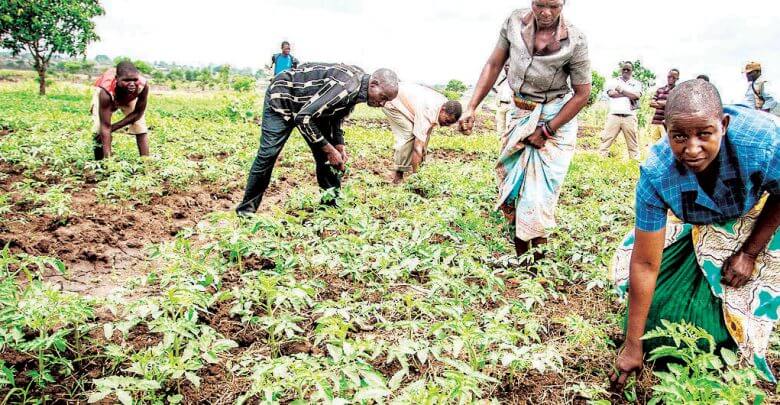
Our Projects are
Transforming African Trade
Quick Contacts
2nd Floor, Fidelity Insurance Centre Waiyaki Way, Westlands

The latest Country Private Sector Diagnostic (CPSD) report by the World Bank and International Finance Corporation (IFC) has said Malawi needs new drivers of growth now more than ever to jumpstart economic recovery.
The report released last week, says population is growing at roughly three percent a year, meaning that the already densely populated country will likely double its citizenry within a generation.
The two institutions argue that an estimated 400,000 Malawians are entering the job market each year and that the economy is not growing at a pace to provide decent work.
According to the report, even for those who do find work, most are underemployed.
According to the report, the latest government household survey (2020) found that nine out of 10 respondents were engaged in at least some income-generating activity over the survey’s preceding 12-month period.
It adds that most of these activities were in temporary, informal farming and fishing work. In urban areas, where farming is more limited, roughly one quarter of all residents reported being unable to find work in the past 12 months.
“Only one in 10 Malawians over age 15 has a wage—or salary—paying job. Even those with a tertiary education struggle to find formal employment, with less than two-thirds finding a waged job. These numbers have only worsened since the onset of the pandemic.
“Estimates through August 2020 suggested 12 percent of the employed population lost jobs, with those in services and industries in urban areas most heavily affected,” the CPSD report says.
World Bank and IFC argue in the report that the new administration has put job creation at the centre of its development agenda.
“Continuing a campaign promise, the President has pledged to create one million new jobs by June 2021. This is an ambitious target, and one that will be difficult to meet—especially considering the effect the pandemic has had on external market conditions and the government’s fiscal space.
“The country already faces the challenge of being landlocked, with underdeveloped infrastructure to connect to regional and global markets, and a relatively small and poor domestic market. Economic activity is split between its two commercial hubs— the cities of Lilongwe and Blantyre—and with one of the least urbanised societies in the region, the country lacks the agglomeration effects that typically attract private investment,” reads the report.
Addressing the 2020 Economics Association of Malawi (Ecama) Annual Conference, Vice-President Saulos Chilima challenged the country’s economists to cultivate and nurture new sources of economic growth.
Chilima said, for a long time, Malawi has relied on agriculture, meaning that the nation’s growth fortunes rise and fall with agricultural growth.
“Achieving transformation is hard because it requires both structural change as well change of mindset. Malawians have always taken a deterministic view of the economy. We revel in the fact that Malawi is an agro-based economy and we do little to alter this reality. Even our fiscal allocations testify to this agro-bias and mindset.
“It also requires that the State will assure economic rights. We commit to have a fiscal policy that does not reduce the net worth of the State; and a monetary policy that ensures internal and external balance. We also need to uprate the quality of our regulatory institutions to ease the cost of doing business; a trade policy regime that is predictable and minimises bureau cracy in business to government interactions,” Chilima said.
Read original article
Disclaimer: The views and opinions expressed in this article are those of the authors and do not necessarily reflect the official policy or position of TradeMark Africa.